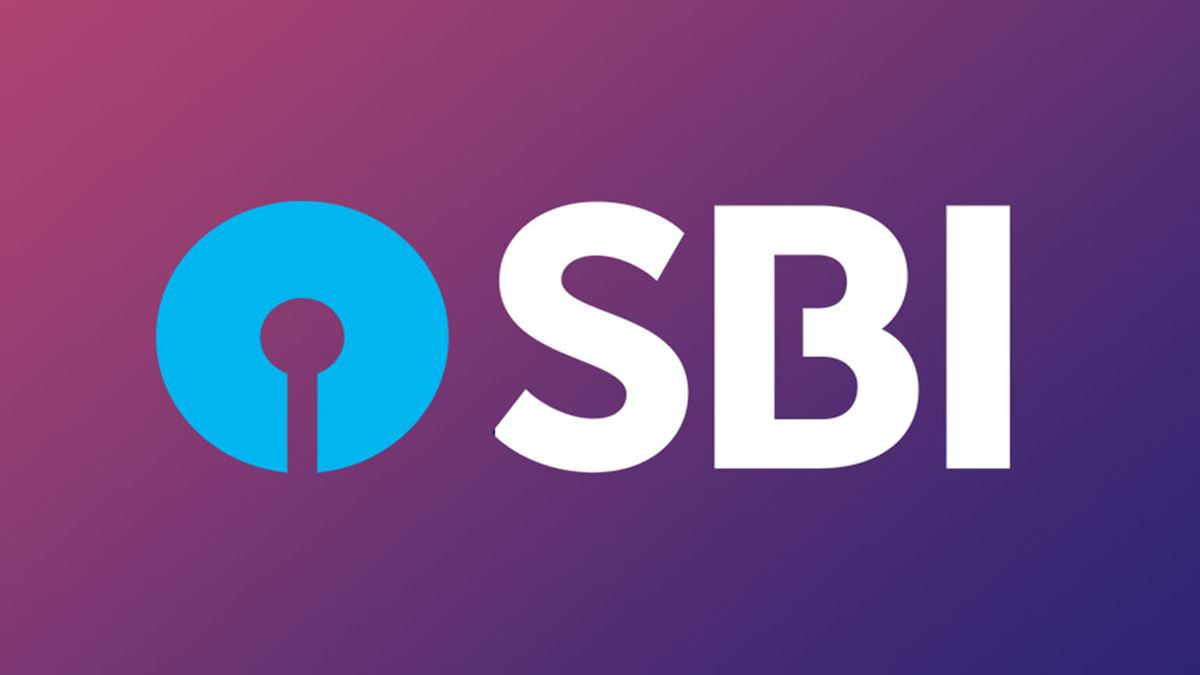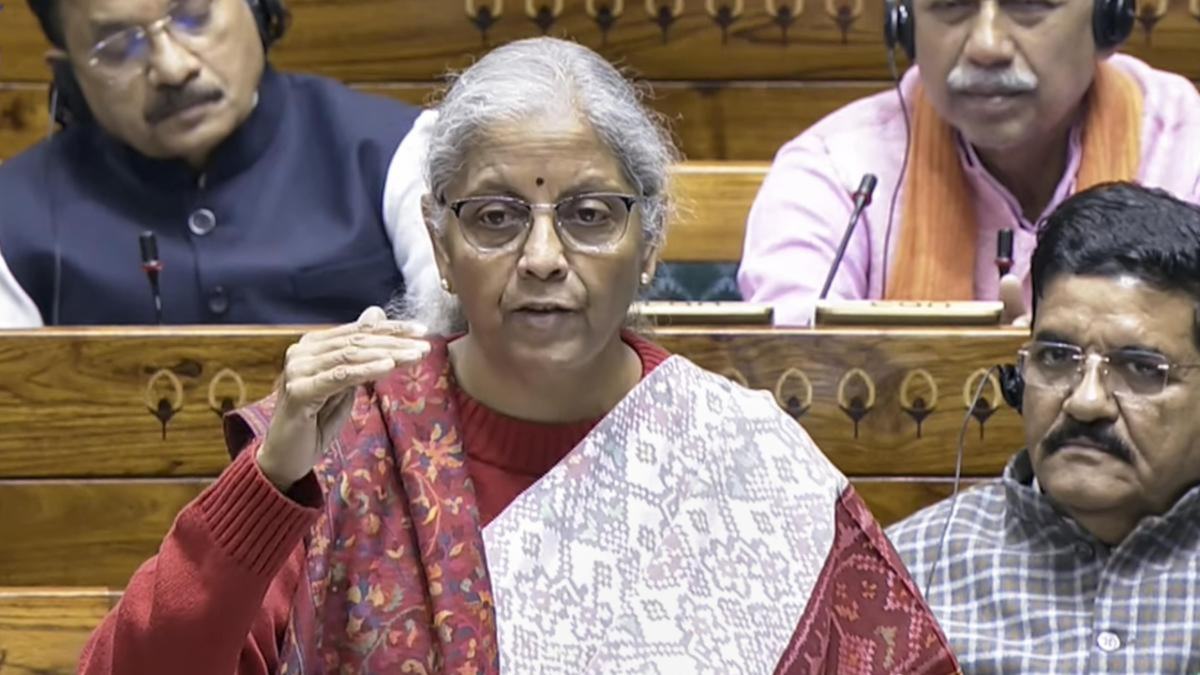Getting ghosted doesn’t just happen on Halloween; it haunts today’s job seekers, too. There’s a rise among companies, guilty of “office ghosting“—when companies post fake jobs that don’t exist or advertisements for positions that they don’t plan to fill or have already filled. “Interview ghosting” is happening with greater regularity as job candidates, who ace their interviews, received promises of next steps and then hear nothing, only to see the same roles re-posted weeks later. Experts weigh in on how job seekers can avoid the frustration and disillusionment of these deceptive practices.
How To Avoid ‘Interview Ghosting’ Before The Interview
You can land a job interview in 24 hours, but you want to make sure you’re not headed into a haunting situation. “Interview ghosting” is a genuine fear that job seekers face in today’s labor market. It’s a disruptive practice that fuels the tug-of-war and further undermines trust and collaboration between employers and employees.
“Interview ghosting” is actually a form of gaslighting that can damage the self-confidence and mental health of young, inexperienced workers who feel rejected, although they’re not actually rejected but may not know it. So why would companies post “ghost jobs?”
Peter Duris, CEO of Kickresume told me that some companies upload “ghost jobs” as a formality after they’ve already found the perfect candidate to test the waters without actually looking to hire, warning that ghosting fake jobs can make job seekers lose trust in them. Duris offers three alerts for job seekers before the interview:
1. Check out job boards to see who’s hiring right now,
2. Be cautious if a listing doesn’t have a clear timestamp or was posted months ago. Most roles get filled much faster than that. Either the hiring manager forgot to remove it, or it’s left up intentionally.
3. Reach out directly to the company by email or phone if you see the job posted on another search sit and you’re unsure about a listing to learn if the company is serious about hiring right now.
How To Avoid ‘Interview Ghosting’ During The Interview
Halloween is just around the corner If you don’t want to get ghosted, Resume.io recommends treating interviews like haunted houses: stay alert, avoid the traps and don’t say things that could make you vanish from consideration.
Let’s be honest, says Amanda Augustine certified professional career coach for resume.io, interview ghosting can feel like a real nightmare, especially when you thought things went well. “While some ghosting has nothing to do with you (e.g., budget freezes, internal candidates someone dropping the ball), sometimes the silence is avoidable,” she states.
Resume.io analyzed real-time conversations from Reddit’s r/recruitinghell, uncovering hundreds of stories from candidates who nailed their interviews, received promises of next steps, and then heard nothing, even as the same roles were later re-posted. The unstable job market, waves of layoffs and fierce competition for limited roles have led to to a rise in post-interview ghosting, leaving many candidates wondering what went wrong. One study found that 61% of U.S. job seekers were ghosted after a job interview, up nine percent since early 2024.
To help job seekers navigate these challenges, Augustine shares key phrases to avoid using during interviews and what to say instead, insisting that avoiding specific words can lower your chances of being ghosted and help you land that elusive job offer. She insists that one way to keep the conversation going is to avoid the clichéd, generic or tone-deaf statements that make you blend in or send the wrong signal.
She offers the most common phrases to ditch—and what to say instead—if you want to leave a lasting impression for all the right reasons and improve follow-up rates.
1. “I’ll do whatever.”
“While you might think this type of statement makes you sound flexible, employers are more likely to interpret your response to mean that you’re unfocused at best and desperate at worst,” declares Augustine.
She suggests the alternative of trying to express enthusiasm for specific responsibilities and explain how your skills can help the company reach its goals. She suggests saying this: “I’m especially interested in managing client relationships because I enjoy turning feedback into actionable improvements.”
2. “Perfectionism is my weakness.”
“This line is so overused that it’s become meaningless to recruiters,” according to Augustine. Instead, she recommends sharing a genuine weakness you’ve identified, along with the steps you’ve taken to improve. She suggests saying this: “In the past, I struggled to prioritize competing deadlines, but I’ve built a system that helps me balance multiple projects without dropping the ball.”
3. “I am extremely honest.”
“While honesty is a great trait, announcing it during an interview can actually backfire,” she points out. “When someone feels the need to proclaim they’re ‘extremely honest’, it can sound like a defense mechanism or a warning. Recruiters might interpret it as a sign of poor judgment, a difficult attitude or a lack of self-awareness.”
Instead, Augustine advises that you focus on highlighting a relevant strength and show self-awareness. She suggests saying this: “I’m very detail-oriented, which helps ensure accuracy, but I’ve learned to balance precision with efficiency when timelines are tight.”
4. “I don’t have any questions.”
“This response might seem polite or efficient, but it’s actually one of the biggest mistakes you can make in an interview,” Augustine says. “When a candidate has nothing to ask, it can signal a lack of interest or preparation—both of which are red flags to hiring managers. Instead, come with a list of thoughtful questions that demonstrate your genuine interest in the job, reinforce that you’ve researched the company, and give you valuable insight into whether this company is a good fit.”
She suggests that you try asking: “What qualities have made past employees successful in this position?” and “What’s the biggest challenge this team is currently facing?”
5. “How many vacation days do you provide?”
Asking only about perks or pay too soon can make it seem like you’re more focused on what you’ll get than what you have to contribute to the organization, Augustine cautions. While compensation matters, she notes that timing does, too.
She recommends that you lead with curiosity about the role, team and growth opportunities. She suggests that you save pay discussions for later rounds once a mutual interest is clear and ask questions like, “What does success look like after six months?” or “How does the company support professional development?”
A Final Word On ‘Interview Ghosting’
When it comes to interviews, first impressions don’t just matter—they’re everything, Augustine explains. “Hiring managers are looking for confidence, preparation and genuine curiosity about the role. Do your homework, ask thoughtful questions and show enthusiasm for the opportunity.”
Too often, candidates sabotage their chances by appearing unprepared, disinterested or overly rehearsed,” Augustine concludes. “The goal isn’t to be perfect; It’s to be memorable for the right reasons.” And that can help you avoid the trap of “interview ghosting.”




















